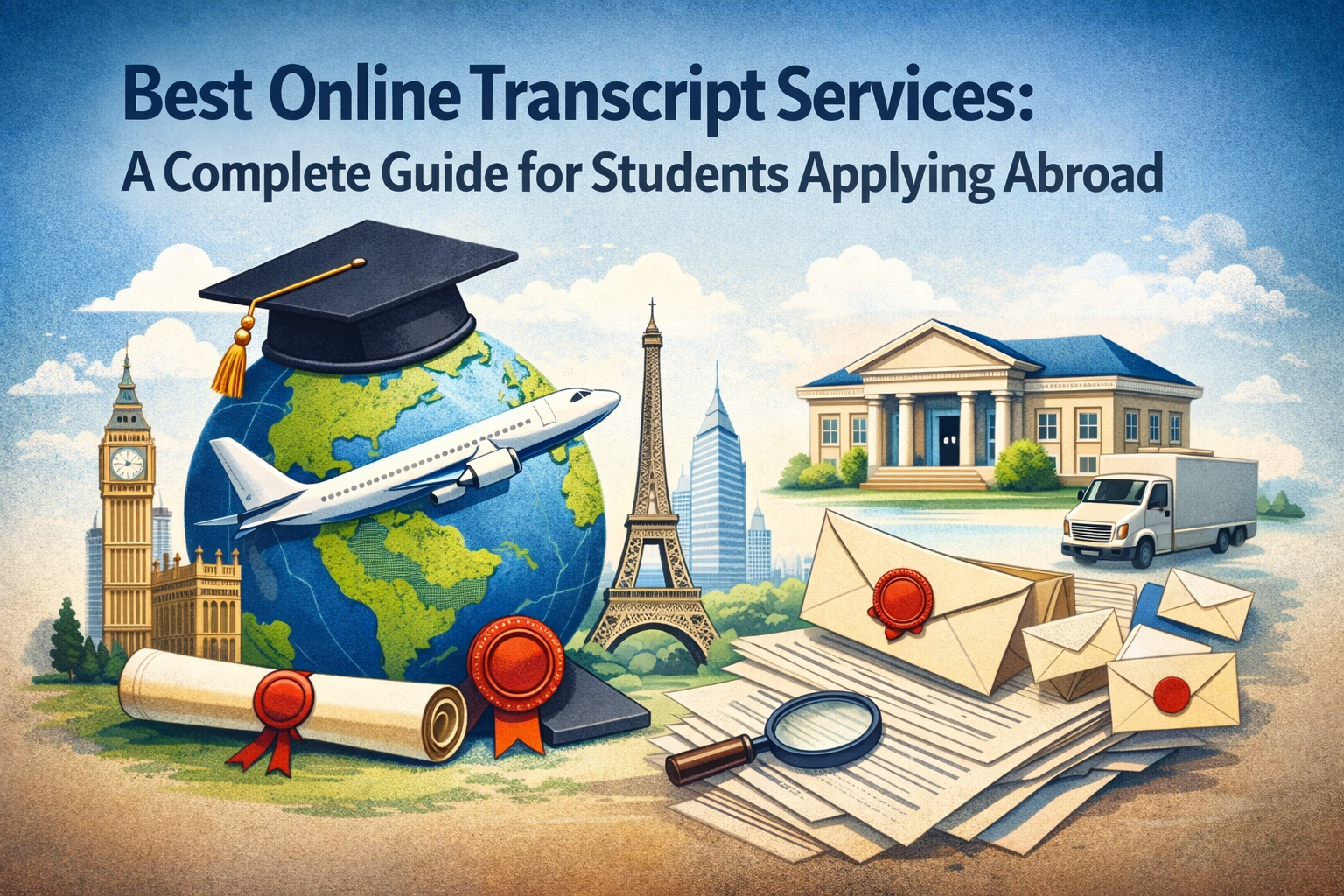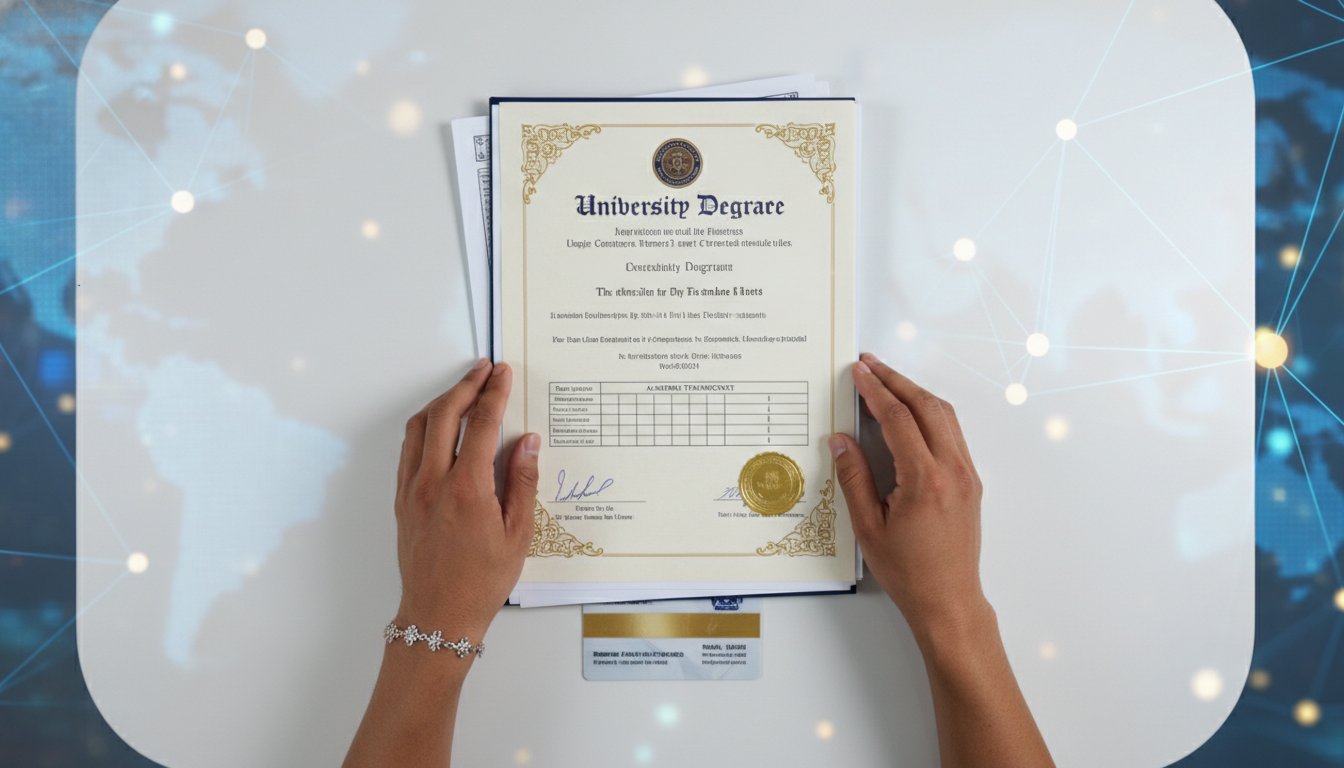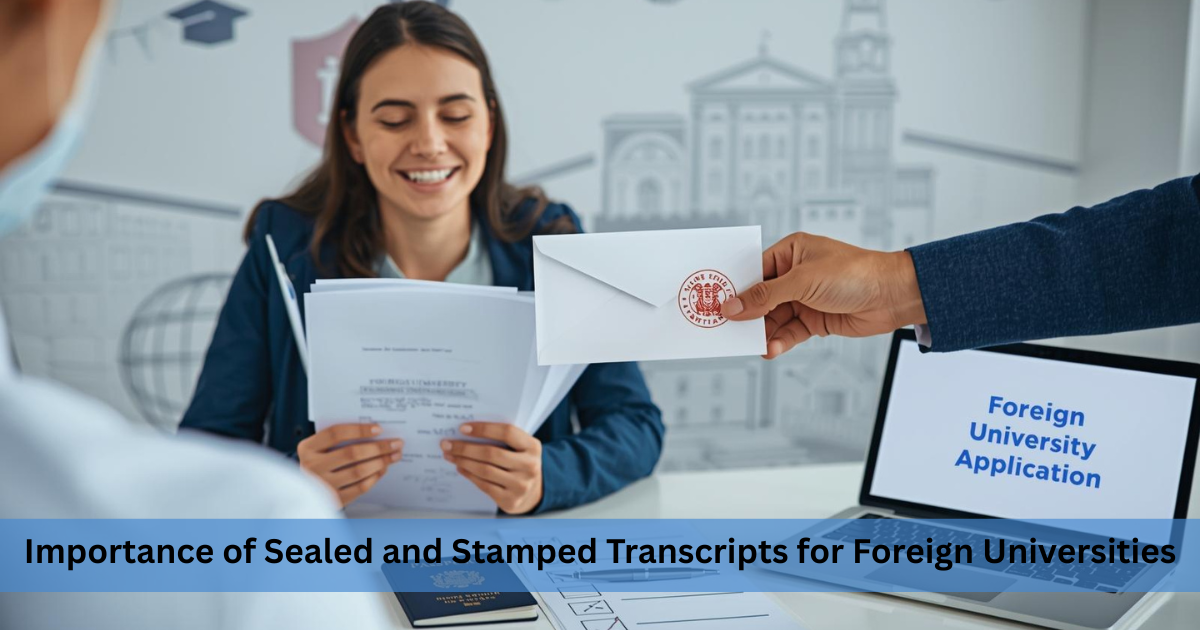
As a dental professional in India, you’ve likely dreamed of expanding your career horizons, and there’s no better destination than Canada. Renowned for its high standard of healthcare and diverse population, Canada offers incredible opportunities for dentists. However, to practice dentistry in Canada, you’ll need to pass through the rigorous certification process administered by the National Dental Examination Board (NDEB).
Need help with your NDEB Certificate? Contact Us Now!
At World Document Services, we’re dedicated to helping you navigate this journey smoothly. This blog will introduce you to the NDEB process and outline how Indian dentists can achieve their Canadian dreams.
Why Canada?
Canada is consistently ranked among the top countries in the world for quality of life. It’s also home to a growing, aging population that demands high-quality dental care. For Indian dentists, Canada presents a unique opportunity to practice in a multicultural environment, earn a competitive salary, and enjoy a high standard of living. However, entering the Canadian dental profession requires passing the NDEB exams, a process that we at World Document Services specialize in guiding you through.
What is NDEB?
The National Dental Examination Board (NDEB) of Canada is the body responsible for certifying dentists who wish to practice in Canada. The NDEB ensures that all practicing dentists meet the standards of education and clinical competence required to provide quality dental care in Canada.
The pathway for internationally trained dentists, including those from India, involves a series of examinations that test both theoretical knowledge and clinical skills.
Read more: Easy Guide to Pharmacy Licensure in Canada
The NDEB Certification Process
The NDEB certification process for Indian dentists typically involves the following steps:
1. Eligibility Assessment:
Before you can take the NDEB exams, you must first determine your eligibility. This involves submitting your dental credentials to the NDEB for verification. At this stage, all your documents must be authenticated and validated, a process that World Document Services can manage efficiently for you.
2. Equivalency Process:
Indian dentists must undergo an equivalency process to prove that their education and skills are on par with Canadian standards. This includes three exams:
- Assessment of Fundamental Knowledge (AFK): A written exam testing your understanding of basic dental sciences.
- Assessment of Clinical Judgment (ACJ): This exam assesses your ability to make appropriate clinical decisions.
- Assessment of Clinical Skills (ACS): A hands-on practical exam where you’ll be required to demonstrate your clinical skills.
3. Passing the NDEB Written and OSCE Exams:
After successfully passing the equivalency exams, you’ll need to take the NDEB Written Examination and the Objective Structured Clinical Examination (OSCE). These final exams are the last hurdle before you can apply for a dental license in Canada.
4. Licensure:
Once you’ve passed all the exams, you can apply for licensure in the province where you wish to practice. Each province in Canada has its own regulatory body that issues licenses.
Why is NDEB Certification Important?
Canada takes the quality of its healthcare professionals seriously, and dentistry is no exception. The NDEB certification ensures that all practicing dentists in Canada have the knowledge and skills necessary to provide safe and effective care. For Indian dentists, achieving NDEB certification not only opens doors to practicing in Canada but also enhances their professional credentials globally.
Challenges Indian Dentists May Face
While the prospect of practicing in Canada is exciting, the NDEB process is challenging. The exams are rigorous, and the standards are high. Common challenges include:
- High Costs: The entire process can be expensive, with fees for exams, application processing, and additional costs for travel and accommodation.
- Time-Consuming: The process can take several months to years, depending on how quickly you can pass the exams.
- Cultural and Clinical Differences: The Canadian dental system may differ from what you’re accustomed to in India, both in terms of clinical practices and patient expectations.
How World Document Services Can Help
At World Document Services, we understand the complexities involved in the NDEB certification process. We are the exclusive partner of the National Dental Examination Board in India, which means we have direct access to the information and resources you need to succeed.
- Document Verification: We ensure that all your academic and professional documents are verified and authenticated according to NDEB standards.
- Application Assistance: We guide you through the entire application process, ensuring that your submissions are accurate and complete.
- Preparation Support: Through our partnerships, we can connect you with resources that help you prepare for the NDEB exams.
- Ongoing Guidance: From the moment you start your journey to the day you receive your license, we’re here to provide the support you need.
Read more: What is the importance of CRS for Canada PR?
Frequently Asked Questions (FAQs)
1. What is the NDEB, and why is it important for Indian dentists?
The National Dental Examination Board (NDEB) is the governing body responsible for certifying dentists in Canada. For Indian dentists, NDEB certification is crucial as it validates their qualifications and ensures they meet Canadian standards, allowing them to practice dentistry in Canada.
2. What are the eligibility criteria for the NDEB certification?
To be eligible for NDEB certification, Indian dentists must have a dental degree recognized by the NDEB, complete the equivalency process, and pass all required examinations, including the AFK, ACJ, and ACS. Additionally, proficiency in English or French is mandatory.
3. How long does the NDEB certification process take?
The duration of the NDEB certification process varies based on individual circumstances. On average, it can take anywhere from 6 months to 2 years to complete all the required steps, including document verification, examinations, and licensure application.
4. What costs are involved in the NDEB certification process?
The NDEB certification process involves several costs, including application fees, exam fees, document verification fees, and potential travel and accommodation expenses for in-person exams. World Document Services can help you understand and plan for these expenses effectively.
5. Can World Document Services assist with the entire NDEB process?
Absolutely! As the exclusive partner of the NDEB in India, World Document Services offers comprehensive support throughout your NDEB journey. From document verification to application assistance and exam preparation, we are here to ensure a smooth and efficient process for you.
6. What support does WDS provide after passing the NDEB exams?
After successfully passing the NDEB exams, World Document Services assists you with the licensure process, job search strategies, and settlement services in Canada. Our goal is to support you at every stage of your transition to practicing dentistry in Canada.
7. Is there any financial aid or scholarships available for the NDEB process?
While World Document Services does not directly provide scholarships, we can guide you to various financial aid options and resources to help manage the costs associated with the NDEB certification process.
Conclusion
The path to becoming a licensed dentist in Canada is challenging but rewarding. With the right preparation and support, you can achieve your goal of practicing dentistry in one of the world’s most desirable countries. At World Document Services, we are committed to helping Indian dentists like you navigate the NDEB process successfully. Your Canadian dream is within reach—let us help you make it a reality.
Download the World Document Services App
For a seamless experience, download our mobile app to start your NDEB journey today:















 Call Us
Call Us Mail Us
Mail Us WhatsApp
WhatsApp
